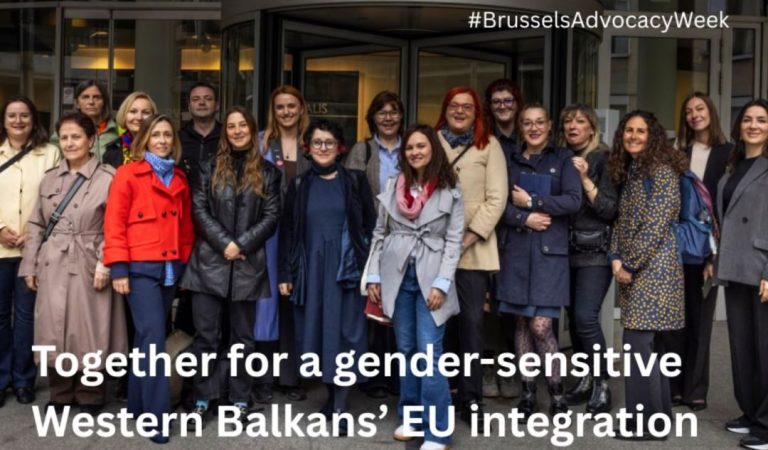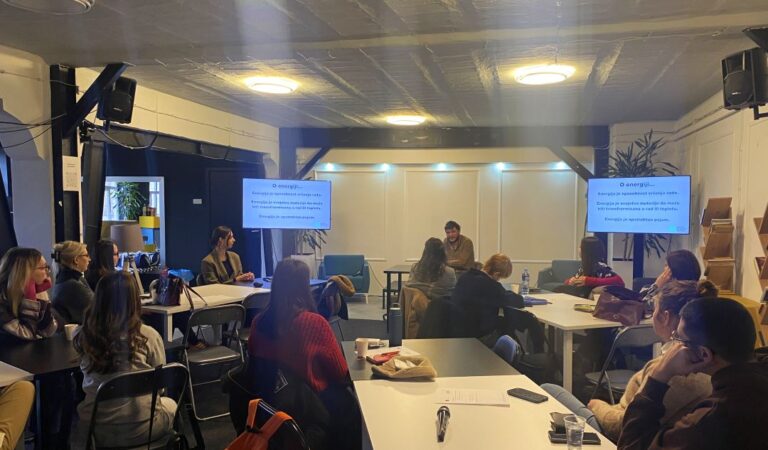The labor rights and right to health care are among the most at risk rights in Serbia, while the two main causes of poverty are corruption and unemployment. Citizens generally do not understand public finance, budgeting, austerity measures and their consequences.
These are some of the most significant findings of the survey on how and to what extent citizens understand their economic and social rights, conducted by the A 11 – Initiative for Economic and Social Rights (the A 11 Initiative), aimed at examining whether citizens understand that we all have guaranteed economic and social rights and that the state has an obligation to protect them.
When it comes to the causes of poverty in Serbia, respondents believe those are “the state, corrupted government and politicians”, “unemployment”, “unequal economic distribution”, “outdated industry”, “poor social policy” but also “collective apathy”.
Respondents believe that the most vulnerable population groups, which are not taken care of by the state, include: ordinary people (“without connections, acquaintances, who have to wait in line for everything, without success”), workers (“grey economy”, “overtime”, “layoffs”, “night shifts”), single parents, people with disabilities, the elderly and the homeless. Contrary to expectations, citizens in Serbia believe that the groups that are most taken care of by the state are: national minorities, Roma, refugees, retired people (especially in the “pre-election” periods) and migrants.
Among the most at-risk rights, respondents included the right to freedom of opinion (“media censorship” and “non-objective information”), although these rights belong to a group of political rights and they were asked about a set of economic and social rights.
As their most at-risk rights, citizens see labor rights as well as the right to health and social care. In the first group of rights, the biggest problems are “low wages”, “informal work”, “poor working conditions”, “inadequate protection”, “reduced number of vacation days”. The biggest problems in exercising the right to health care are “waiting lists for specialist examinations”, “unskilled staff”, “staff shortages”, “expensive services in private clinics”.
Austerity measures is a term that citizens have heard of but do not understand. Only when they are presented with some of the austerity measures, such as – reduction of salaries and pensions, prohibition of employment in the public sector, tax increase – only then they understand the meaning. They are also unfamiliar with the budget planning, and when they watch live broadcasting of parliamentary sessions, they do it “for fun” rather to get informed.
When asked who they can turn to in case of violation of economic and social rights, the respondents cited the institution of the Protector of Citizens, then the Protector of Patients’ Rights, followed by “legal services”, “pensioners’ associations”, “non-governmental organizations”. The age group 30-50 is mostly self-reliant, researching online options to protect rights, and initiating independent action.
Individuals cannot influence the improvement of the status of citizens’ economic and social rights due to general social apathy, lack of enthusiasm and interest, as well as lack of knowledge and information. It is interesting that among people under the age of 50 there are no people interested in engaging personally and initiating actions to improve the position of citizens in society, while among those over 50 there is this type of enthusiasm for concrete actions.
„The A 11 – Initiative for Economic and Social Rights” is an organization that through its actions encourages citizens to understand that economic and social rights should be enjoyed by all citizens and that the state has guaranteed their protection; as citizens we have the opportunity to fight for respect of these rights in Serbia as well as internationally.
The public opinion survey on understanding of economic and social rights was done using the focus group method, the respondents were from Belgrade and were selected from three age groups (below 30, 30 – 50 and over 50).
You can download the full survey here.


